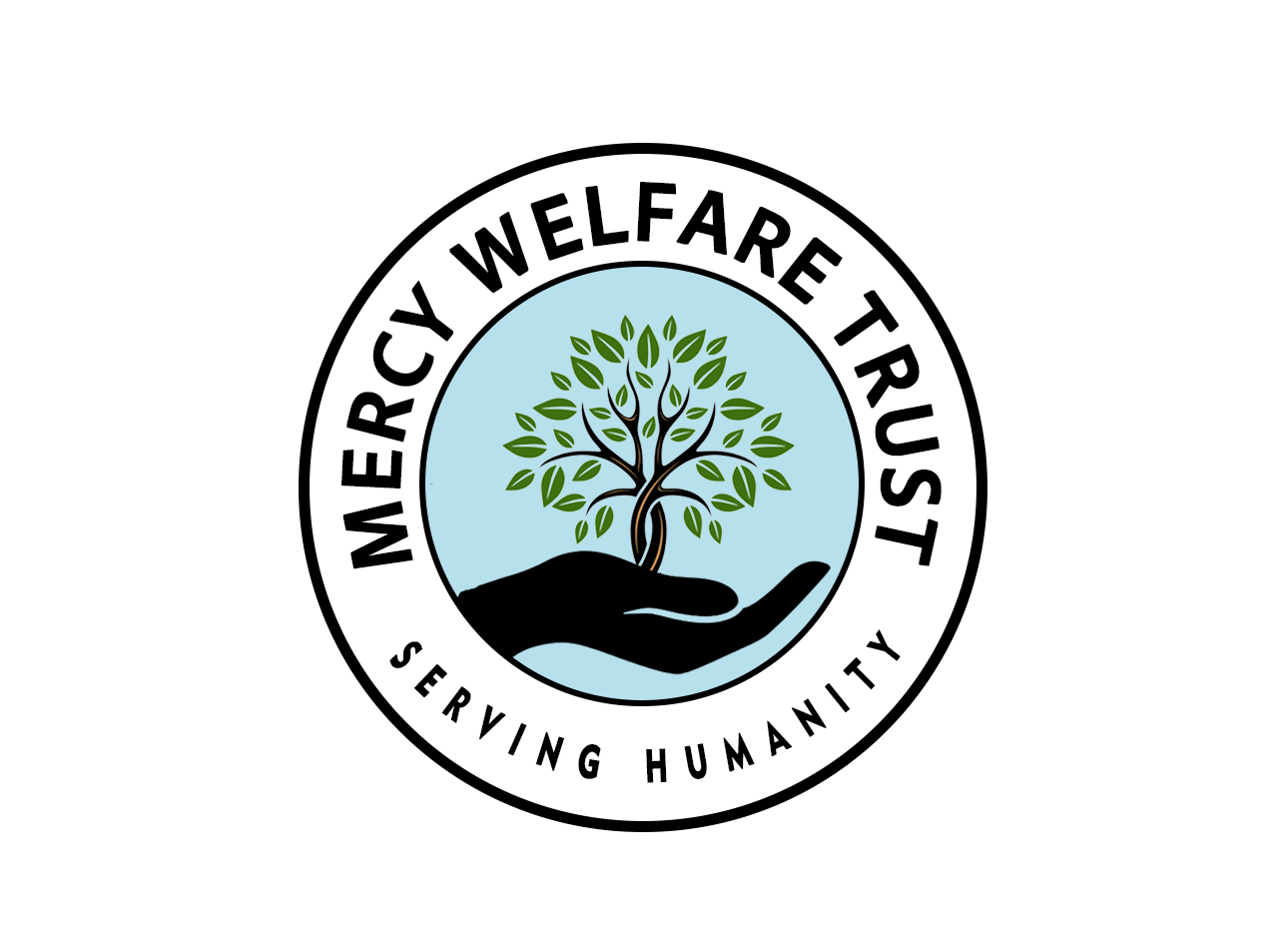What is Fidyah
Fidyah is a form of compensatory charity in Islam, given when a person is unable to fast during Ramadan due to a valid reason and is unable to make up the missed fasts later, even after Ramadan. It is a merciful provision from Allah (SWT) that ensures individuals who cannot fast due to permanent or long-term conditions can still fulfill their religious obligation through charitable means.
Who Is Eligible to Give Fidyah?
Fidyah is due only when someone:
- Misses fasting in Ramadan due to a valid excuse, such as chronic illness, old age, pregnancy complications, or a permanent health condition.
- Is not expected to recover or regain the physical strength or health to fast in the future.
In such cases, fasting is not obligatory, and instead, the individual must offer Fidyah as a substitute.
For example:
- An elderly person who is too weak to fast and whose condition is not expected to improve.
- A person with a chronic illness (e.g., diabetes, heart disease, or severe health conditions) that fasting would significantly harm.
- Someone with a permanent disability or medical condition that prevents them from observing the fast safely.
What Does Fidyah Involve?
The Fidyah payment involves feeding a poor or needy person two meals per missed fast. This is intended to ensure that even when a person is physically unable to fast, they can still support someone in need and earn reward through a form of worship.
The current Fidyah rate is typically £6 per day, though it may vary slightly each year depending on the cost of staple food items in local markets. This amount covers two simple, nutritional meals for one person.
So, for example, if a person misses all 30 days of fasting in Ramadan due to a long-term illness and cannot make them up later, their total Fidyah would be:
£6 x 30 days = £180
This amount can be paid as a lump sum or distributed throughout the month.
The Wisdom Behind Fidyah:
Fidyah reflects the compassionate and inclusive nature of Islam, which takes into account the diverse circumstances and challenges people may face. The obligation to fast is not intended to cause harm or hardship; Allah (SWT) says in the Qur’an:
“Allah intends for you ease and does not intend for you hardship…”
(Qur’an 2:185)
Through Fidyah, the individual not only compensates for the missed fasts but also continues to participate in the spirit of Ramadan by feeding the poor and uplifting the less fortunate.
This act of giving allows the believer to maintain a connection with Allah, express gratitude for their own provisions, and uphold the value of social responsibility. It is a reminder that worship in Islam extends beyond personal rituals—it also encompasses kindness, charity, and service to others.

